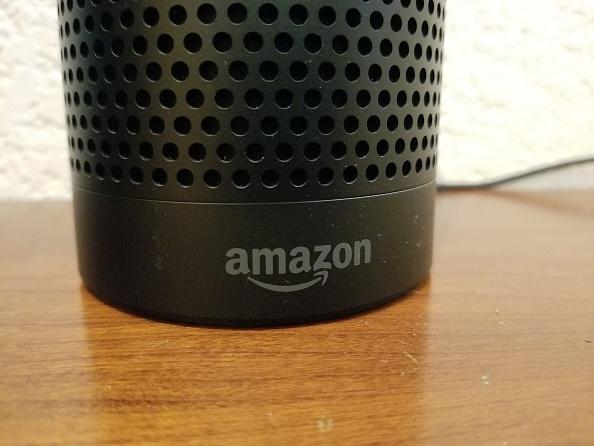Amazon’s Alexa seems to have become a privacy nightmare. Last month, a Bloomberg report revealed Amazon workers are listening to what you tell Alexa. Now, Bloomberg is back with another, more chilling update.
According to a new report, Amazon’s Alexa team can access users’ home addresses. Employees told the outlet that team members with access to users’ geographic coordinates can “easily” put them into any map software and find exactly where people live.
There haven’t been any cases of people abusing this power or information, but it’s still a feature that gives employees “unnecessarily broad access to customer data.”
Amazon doesn’t deny Bloomberg’s recent report. A spokesperson told Gizmodo:
“Access to internal tools is highly controlled, and is only granted to a limited number of employees who require these tools to train and improve the service by processing an extremely small sample of interactions. Our policies strictly prohibit employee access or use of customer data for any other reason, and we have a zero tolerance policy for abuse of our systems. We regularly audit employee access to internal tools and limit access whenever and wherever possible.”
However, there’s no specification as to what a “limited number” of employees means. Bloomberg reported that it could possibly be in the thousands. For most users, that’s way too many strangers with access to your home address.
This isn’t the first time Amazon has been hit with privacy concerns regarding their home devices. Back in May 2018, Amazon’s Alexa recorded a private conversation and sent it to an Echo user’s colleague without them knowing. Then later that same year, Amazon sent 1,700 Alexa voice recordings to the wrong user after a data request.
Other home devices have faced similar privacy concerns. Last year, Google was hit with backlash after the company failed to disclose microphones in its Nest products.
Home speakers like Amazon’s Alexa can be handy, but the privacy concerns around them illuminate some of the worst aspects of tech. People are essentially under constant surveillance by the products in their home — with employees able to access way too much information.

